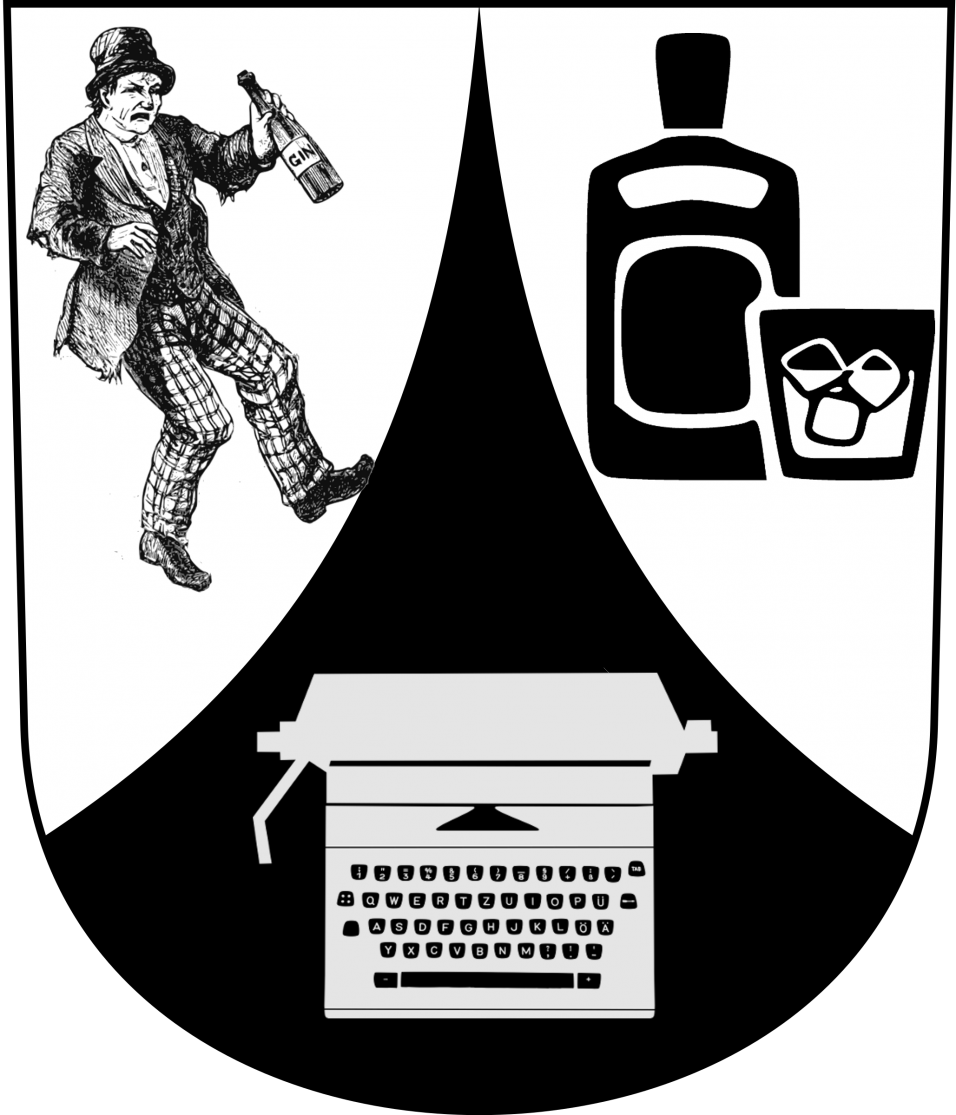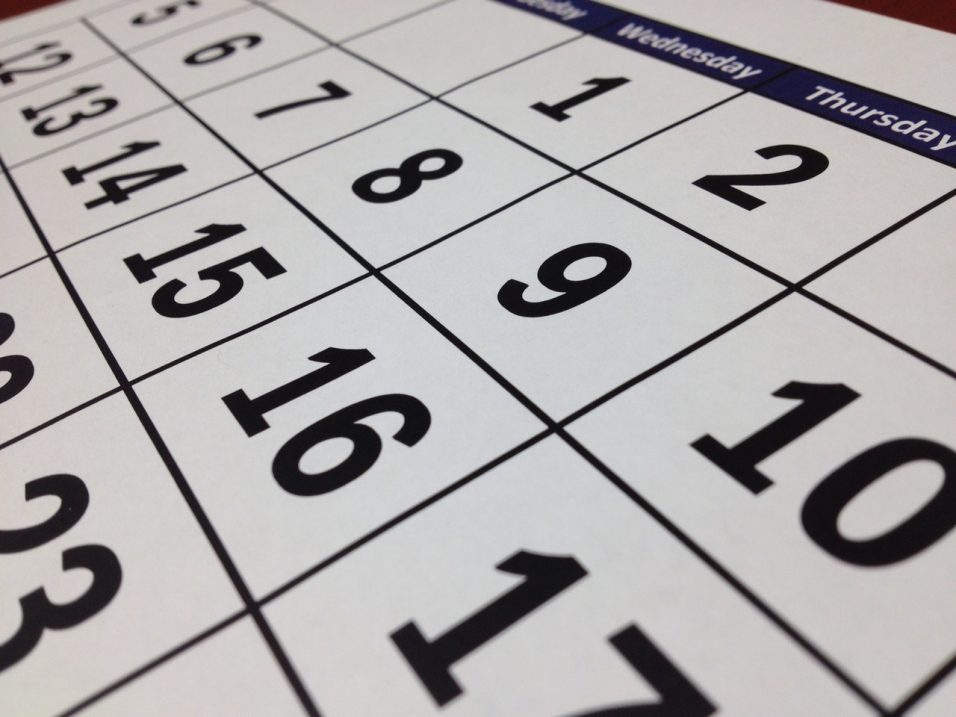Write it Now

A friend of mine has a peculiar death fantasy. Whenever we discuss our mortality (more often than is healthy, probably), he insists that when the doctors tell him that he’s got X months to live he’ll sell the house, liquidate his savings, and head to Las Vegas so he can spend what time he has left living the high life, and hopefully keel over with a Scotch in one hand and a steak dinner in front of him.
I always politely point out the obvious flaw in this thinking: What if you, you know, don’t get the warning? What if a piano falls on you, or your doctor says you have X days left instead of months? And he has no answer. I try to urge him to live a little bit right now. Maybe don’t sell the house, but maybe take a vacation to Vegas and have that steak sooner rather than later.
The same goes for writing. We all have other things going on. We have Day Jobs and families and chores and leaking roofs and broken transmissions and sick kids and such. It’s easy to imagine that someday you will finally sit down and start writing that book that’s been nudging you in the brain for the last few weeks, months, years, decades.
The fact is, there’s no perfect time, no ideal moment. Start writing today, because, yep, a piano might fall on you tomorrow.
That Means You
This isn’t advice that only applies to aspiring writers or newcomers to the peculiar hell called Being a Writer. This goes for all of us. We all have projects we’ve put off—because it’s too complex or time-consuming, because we have to write for a living today, because we’re not sure we can pull it off artistically. And we all have to remind ourselves of the piano hovering over us, suspended by a thin wire, that could drop at any time.
Certain activities always seem pointlessly risky to me. I always say that I don’t want my last words to ever be Why did I do this? I don’t want my last words to be, why did I agree to skydive? Or, why did I agree to ride this insane rollercoaster? You can’t avoid death forever, but I never want my final thoughts to be all-consuming regret because I chose to do something that was obviously potentially deadly.
In the same vein, I don’t want to think gosh, I should have written that novel about cats where the cats are secretly angels trying to stop the apocalypse but their owners won’t let them out of the house. I may not finish every idea I have, but I’m going to fucking die trying. And so should you.








